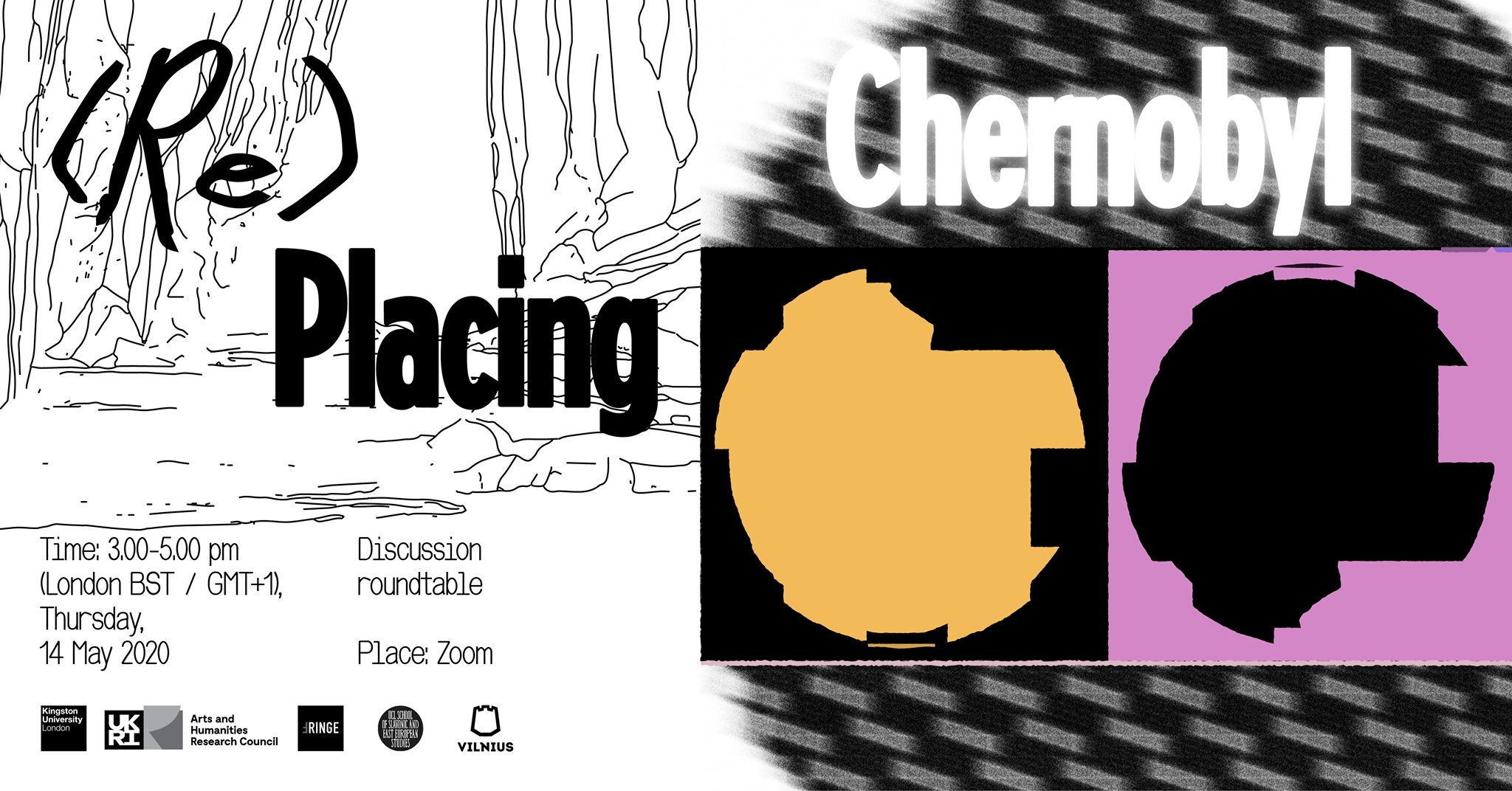(Re)Placing Chernobyl
Time: Thu 2020-05-14 15.00
Location: Zoom link in the text

This Thursday, May 14 kl. 15.00 London BST / GMT+1), you are invited to the Zoom Webinar (Re)Placing Chernobyl that focuses onHBO's miniserie “Chernobyl” (2019) in the context of the ongoing global COVID-19 pandemic. The webinar will explore the politics of aesthetics, the power of TV mediation of scientific expertise and the wide-ranging impacts of this cultural representation of the disaster.
How could one explain the unexpected popularity of the series? What kinds of historical narratives informed the miniseries and what stories were left out? Can “Chernobyl” help us understand the issues that the nuclear industry is facing today? The discussion roundtable will gather prominent scholars, artists and cultural producers to unpack the complexities that emerged in process of staging the Chernobyl disaster in the twenty first century.
The discussion will also explore the social, political and cultural consequences of the “Chernobyl” miniseries themselves. Nuclear tourism is booming in Ukraine, but also in the Lithuanian filming locations, where the ex-soviet Ignalina nuclear power plant "performed" the Chernobyl disaster and districts of Vilnius stood in for Pripyat. Do nuclear cultural heritage and nuclear tourism enhance public awareness and should they be promoted? Is there a risk of displacing the actual consequences of the catastrophe with captivating cultural imaginaries? In all, the discussion will seek to explore the relationship between culture, imagination and science and how these shape the legacy of Chernobyl.
Full programme here: www.docdroid.net/bvk08rG/replacingchernobyl-programme-pdf
Zoom registration link: bit.ly/35s6RJQ
YouTube Live stream: youtu.be/7b55WeOERRk
For additional material, see the Facebook event: www.facebook.com/events/239379284054527/
The webinar is organised by Kingston University in collaboration with UCL FRINGE Centre, Lithuanian Culture Institute, Lithuanian Embassy in the United Kingdom, Go Vilnius, Arts and Humanities Research Council (AHRC), This is Tomorrow, and KTH Royal Institute of Technology.

